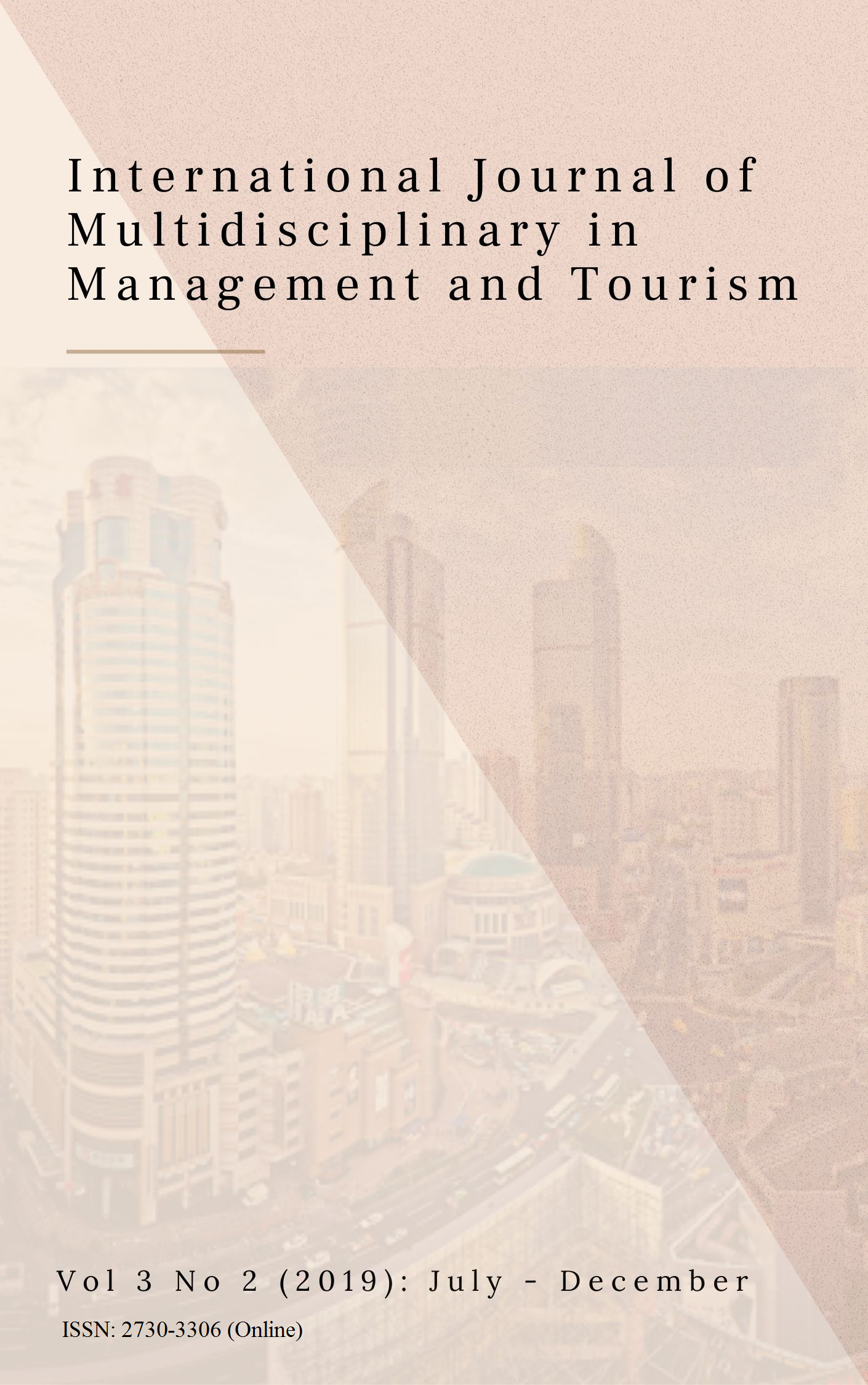The Role of the Muslim Community in the Development of Local Participation: A Case Study of Community Ethics Center (Tadika) At Kaluwo Nue Subdistrict Municipality, Mueang District, Narathiwat Province
Main Article Content
Abstract
The objectives of this research were to: 1) study the educational model of the Community Ethics Center (Tadika), 2) the role of the Community Ethics Center (Tadika) towards participation in local development. This research was a qualitative design which used formal and informal interview forms, and documentations for collecting data. A sample group was selected purposively from a group of experts, including 27 key informants, from 3 groups, namely, Imam Representative group/mosque committees, parents' representatives, Ustaz representatives (teachers) and knowledgeable academicians.
The study revealed that
- Imam / Mosque Committee was responsible for being the center of the community management system which was an organization combined with the mosque educational system under the mosque policy in operation and as an organization responsible for policy formulation, management principles, rules and regulations of the community.
- Most teachers were local people with religion knowledge at the level of 7-10 years old, having a generous mind, responsibility, faith and agreement to help each other to transfer knowledge that they have to others by aiming for spiritual merit rather than compensation in order to provide education for the community, learn and be able to actually practice according to the principle Teachings of Islam.
- Parents need to be more involved in Tadika. There must have a collaboration between Tadika and parents, a joint activity between Tadika and the community such as Tadika relationship religious days.
Article Details
How to Cite
Ngho, A. Y. A. . (2020). The Role of the Muslim Community in the Development of Local Participation: A Case Study of Community Ethics Center (Tadika) At Kaluwo Nue Subdistrict Municipality, Mueang District, Narathiwat Province. International Journal of Multidisciplinary in Management and Tourism, 3(2), 93–104. https://doi.org/10.14456/10.14456/ijmmt.2021.1
Section
Articles
References
Achanitkun K., Vajanasara K., & Seangdang, H. (2019). Violence and death under state policy: Case of three southern border provinces. Retrieved 10 June 2019 from http://www.ipsr.mahidol.ac.th/IPSR/AnnualConference/ConferenceII/Article/Article12.htm.
Department of Local Administration. (2005). Islamic Studies, Fhanrphu Irn Program in the Mosque, 2005. Bangkok: Department of Territorial Administration Volunteer Printing.
Fusaibu. (2010). Hadith on education-south peace. Retrieved 10 June 2019 from http://southernmuslim.blogspot.com/2010/05/blog-post_27.html.
Kareng, S. (2011). The role of the mosque committee on community development in Yala district, Yala province. Bangkok. Social and environmental development, National Institute of Development Administration.
Matichon. (2019). "Tadika" Center for Cultivating Youth into Good People, morality, peaceful love. Retrieved from https://www.matichon.co.th/bullet-news-today/news_ 1302032
Tayaey, I. (2013). Religious roles study and administration of Imam in Narathiwat Province. Pattani: Faculty of Education, Prince of Songkla University, Pattani Campus.
Wae U Seng, N. et all. (2014) Problems and development guidelines for Islamic Education Center of the Mosque (Tadika) in the three southern border provinces. Songkhla Nakarin Journal Social Sciences and Humanities, 20(4), 189-240.
Department of Local Administration. (2005). Islamic Studies, Fhanrphu Irn Program in the Mosque, 2005. Bangkok: Department of Territorial Administration Volunteer Printing.
Fusaibu. (2010). Hadith on education-south peace. Retrieved 10 June 2019 from http://southernmuslim.blogspot.com/2010/05/blog-post_27.html.
Kareng, S. (2011). The role of the mosque committee on community development in Yala district, Yala province. Bangkok. Social and environmental development, National Institute of Development Administration.
Matichon. (2019). "Tadika" Center for Cultivating Youth into Good People, morality, peaceful love. Retrieved from https://www.matichon.co.th/bullet-news-today/news_ 1302032
Tayaey, I. (2013). Religious roles study and administration of Imam in Narathiwat Province. Pattani: Faculty of Education, Prince of Songkla University, Pattani Campus.
Wae U Seng, N. et all. (2014) Problems and development guidelines for Islamic Education Center of the Mosque (Tadika) in the three southern border provinces. Songkhla Nakarin Journal Social Sciences and Humanities, 20(4), 189-240.

